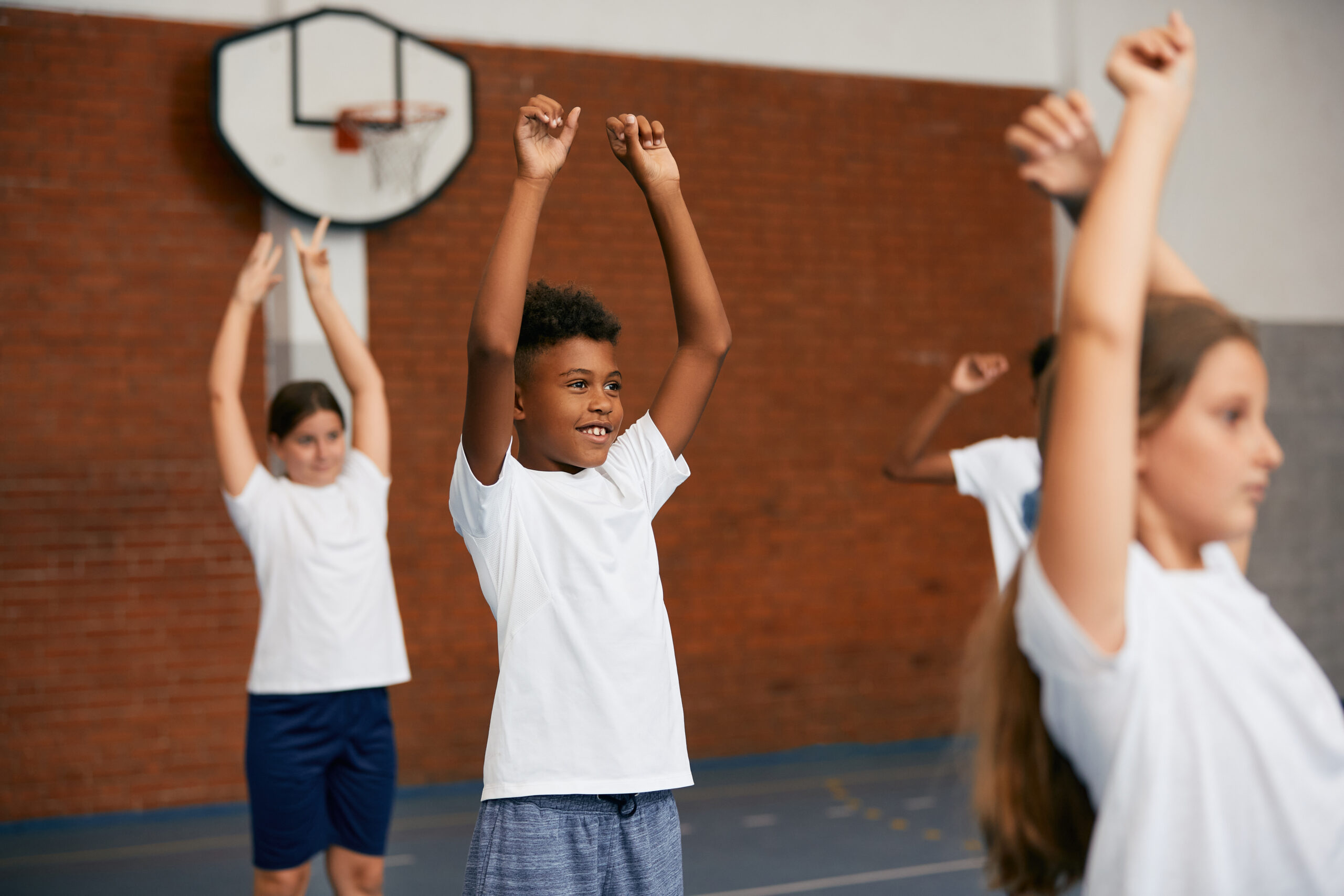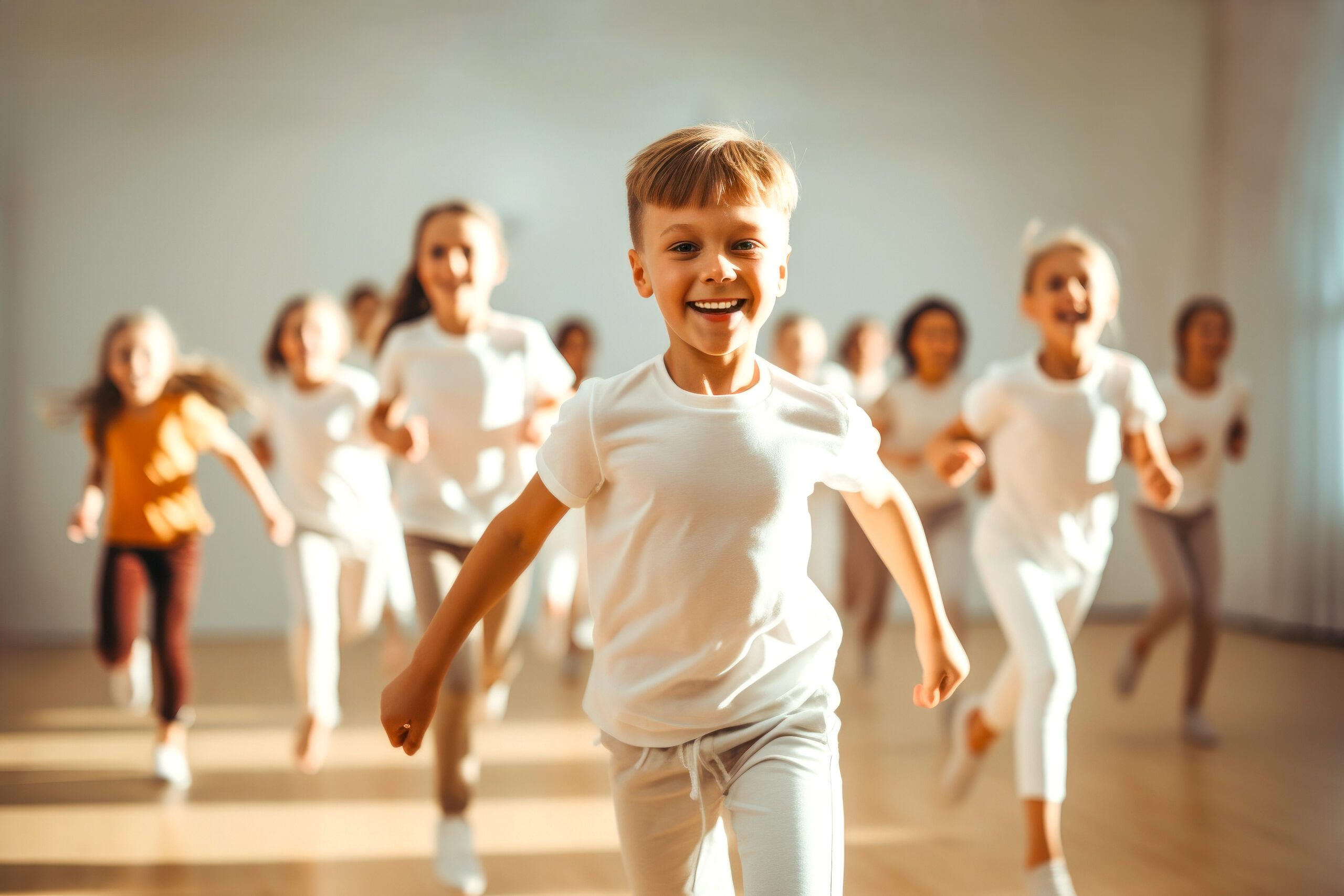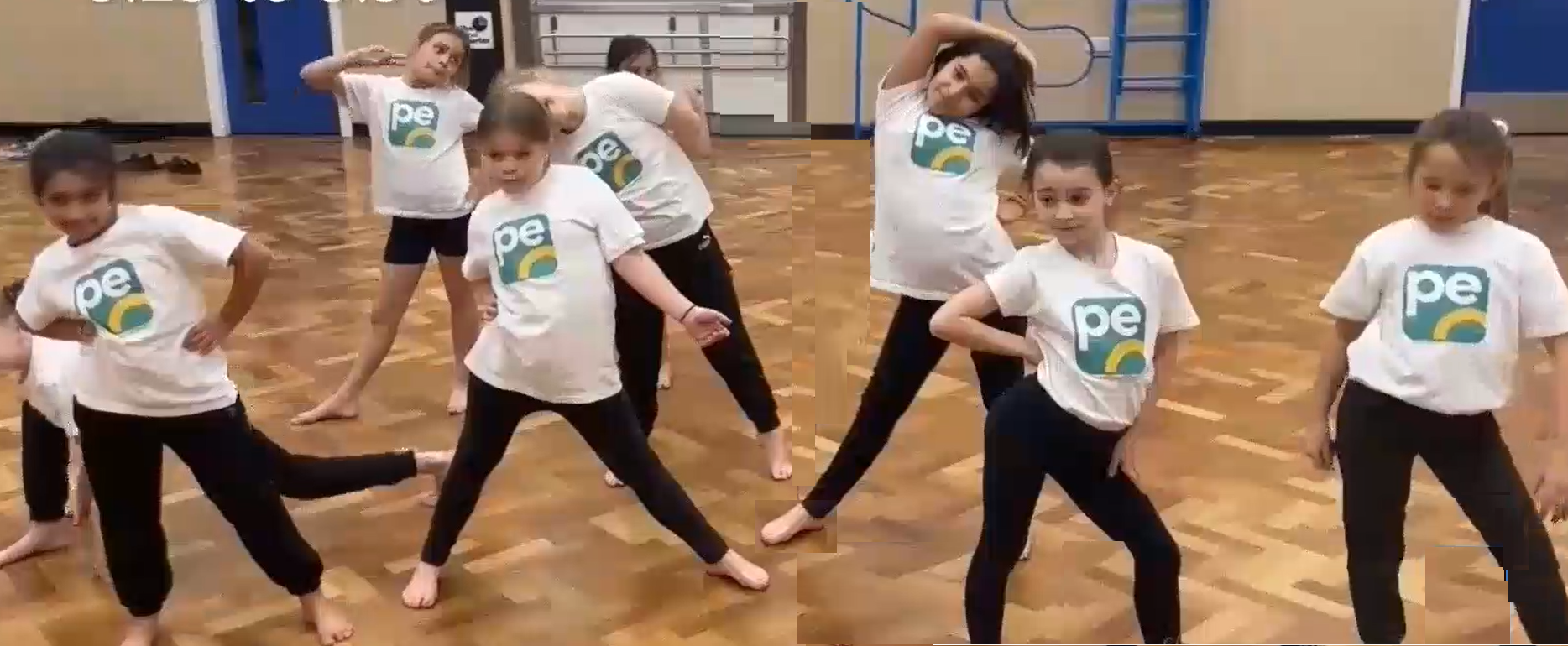Citizenship in PE
With all that is going in the world right now, never has there been a more important time to incorporate Citizenship into the school curriculum. And Physical Education is no exception, in fact, Primary School PE can be a perfect platform for introducing the concept of social responsibility into our children.

With all that is going in the world right now, never has there been a more important time to incorporate Citizenship into the school curriculum. And Physical Education is no exception. In fact, Primary School PE lessons can be a perfect platform for introducing the concept of social responsibility into our children.
The Department for Education emphasises the importance of children beginning to recognise their ‘community’ and understanding their role within it. Primary School PE, particularly in Early Years PE and Key Stage 1 PE, is possibly the first time a child will be introduced to teamwork and the responsibilities of a team player. The simple concept of taking turns during PE activities can be linked to the responsibities of following rules in society. It can ensure we are being fair and understand that other people have feelings, views, needs and rights.
The DfE has devised a non-statutory programme of study to guide schools through delivering the Knowledge, skills and understanding of Citizenship at Key Stage 1 and Key Stage 2. Below we have highlighted areas where we feel Physical Education is a fantastic subject for delivering certain areas of the Citizenship programme…
Developing confidence and responsibility and making the most of their abilities
In Key Stage 1, pupils should be taught to recognise what they like and dislike, what is fair and unfair, and what is right and wrong:
- After Key Stage 1 Relay Races, discuss with the children why we must take turns with our teammates, not set off until our teammates are back and follow the rules. Ask the children how they would feel if another team were not following these rules.
In Key Stage 2, pupils should be taught to recognise their worth as individuals by identifying positive things about themselves and their achievements, seeing their mistakes, making amends and setting personal goals:
- After Key Stage 2 team activities such as football, basketball or rounders, discuss the different roles required to make a successful team. Challenge children to think about their role within the team, and how the team would be exposed to losing points without it.
Preparing to play an active role as citizens
In Key Stage 1, pupils should be taught to realise that people and other living things have needs, and that they have responsibilities to meet them:
- When playing Key Stage 1 games in pairs or small groups, discuss with the children the importance of their teammates needing to learn the skills just as they are doing. Explain that by helping their teammates, and sharing equipment, everyone in the team will become better players and the whole team will achieve more.
In Key Stage 2, pupils should be taught to resolve differences by looking at alternatives, making decisions and explaining choices:
- Key Stage 2 PE activities such as Dance and Gymnastics often give pupils the opportunity to be creative and showcase their own personal actions and movements. Allocate time for children to be inventive and demonstrate their ideas. Then, discuss with the class the difference between different people’s performances and how they can achieve equal merit.
Developing a healthy, safer lifestyle
In Key Stage 1, pupils should be taught the names of the main parts of the body:
- Key Stage 1 Warm Ups and Cool Downs are a perfect opportunity to discuss body parts. Allow the children to name what body parts they have been using today. Ask how we might stretch them to ensure they do not ache after exercise.
In Key Stage 2, pupils should be taught what makes a healthy lifestyle, including the benefits of exercise and healthy eating, what affects mental health, and how to make informed choices:
- Key Stage 2 PE is an important platform for showing children the variety of activities available to them. Not all people engage in the same thing. It is important that we provide a broad and balanced PE Curriculum. Some children will naturally pull towards team sports such as rugby, netball and football. Others will prefer individual sports such as tennis, badminton and athletics. Then there are the more artistic activities such as dance and gymnastics. The important point is that children are aware that taking part in sport is one of the best ways of choosing a healthy lifestyle. And, why this is so important.
Developing good relationships and respecting the differences between people
In Key Stage 1, pupils should be taught to listen to other people, and play and work cooperatively:
- Key Stage 1 Gymnastics is the perfect opportunity to reinforce this teaching point. In small groups, children should be given the opportunity to create their own performances. It is important that the children listen to, and try out, the ideas of everyone in their group. You can even offer additional points for good teamwork. After showing their performance ask the children whose ideas were used. Reward them for listening and cooperating to create a good performance.
In Key Stage 2, pupils should be taught that differences and similarities between people arise from a number of factors. This includes cultural, ethnic, racial and religious diversity, gender and disability:
- Key Stage 2 teamwork is an ideal opportunity for children to discover differences and similarities between people. By alternating roles within each team activity, children will start to understand the huge variety of skills in sport. Children learn that different people have different natural abilities. But also, that these abilities are regardless of factors such as ethnicity and gender. SEND children should be included in mainstream sport and PE. It’s a great way for children to understand and support those who may not have the same physical/mental capabilities as them.
Breadth of opportunities
During Key Stage 1, pupils should be taught the knowledge, skills and understanding through opportunities to feel positive about themselves. (For example, by having their achievements recognised and by being given positive feedback about themselves):
- Positive feedback is essential throughout a Key Stage 1 PE lesson. Mid-lesson plenaries, discussions and demonstrations should be considered when planning KS1 PE. Even where a child is struggling to perform an action, there is always something positive to take from taking part. Praising a child for improvement will inevitably encourage them to keep trying to improve further.
During Key Stage 2, pupils should be taught the knowledge, skills and understanding through opportunities to take responsibility (for example, for planning and looking after the school environment; for the needs of others, such as by acting as a peer supporter, as a befriender, or as a playground mediator for younger pupils; for looking after animals properly; for identifying safe, healthy and sustainable means of travel when planning their journey to school):
- Key Stage 2 children, regardless of ability, should be given an opportunity to take responsibility for their teammates in PE. When issuing the role of ‘captain’, reinforce the importance of considering the different abilities, needs and personalities of their peers. Challenge captains to change the way they lead their group to get the best out of each individual player. It is important children learn that leaders are mindful of the feelings of others.
Citizenship in PE
We hope you find this blog useful. You will see that most PE Planning ‘full plans’ contain a Citizenship section. Although not statutory, we feel that PE is a great subject to introduce Citizenship to your pupils.
The DfE Programme of Study is based on Key Stage 1 and 2 pupils. But, we firmly believe that the development of Citizenship can start in the Early Years. EYFS teachers may find our ‘Working with Others’ Unit of Work a useful resource.
If you have any comments, questions or recommendations regarding Citizenship in PE, we would love to hear from you. Please do get in touch via our socials below.
Learn about a Free Membership to PE Planning as well as the different, low cost subscription packages we offer to Teachers, Coaches and Schools here…


